Donald Trump Can't Stop Attacking Black Sports Figures
Saturday morning, President Donald Trump attempted to rescind a White House invitation he apparently had never extended, when he tweeted that Golden State Warriors superstar Stephen Curry was no longer welcome to make the customary visit to celebrate the team’s NBA championship.
Curry, Trump said, was “hesitating” to commit to the trip ― an obvious falsehood, considering that the point guard had on Friday stated plainly that he had no interest in visiting the president.
The tweet followed Trump’s Friday night attack on NFL players who, inspired by the example of former San Francisco 49ers quarterback Colin Kaepernick, have spent the last year protesting racial injustice and police brutality during the national anthem. “Wouldn’t you love to see one of these NFL owners, when somebody disrespects our flag, to say, ‘Get that son of a bitch off the field right now,” Trump said at a rally in Alabama. “Out! He’s fired. He’s fired!’”
That, meanwhile, followed the White House’s decision last week to call for the firing of ESPN anchor Jemele Hill, who in a series of tweets had called the president a “white supremacist.”
Curry, Hill, and the vast majority of NFL players who have protested during the anthem, like Kaepernick, of course, are all African-Americans. In the span of less than two weeks, the president of the United States has used his bully pulpit three times to attack prominent black sports figures.
That is a remarkable and improper use of presidential power. But it is not at all surprising that sports figures have become the focus of Trump’s ire.
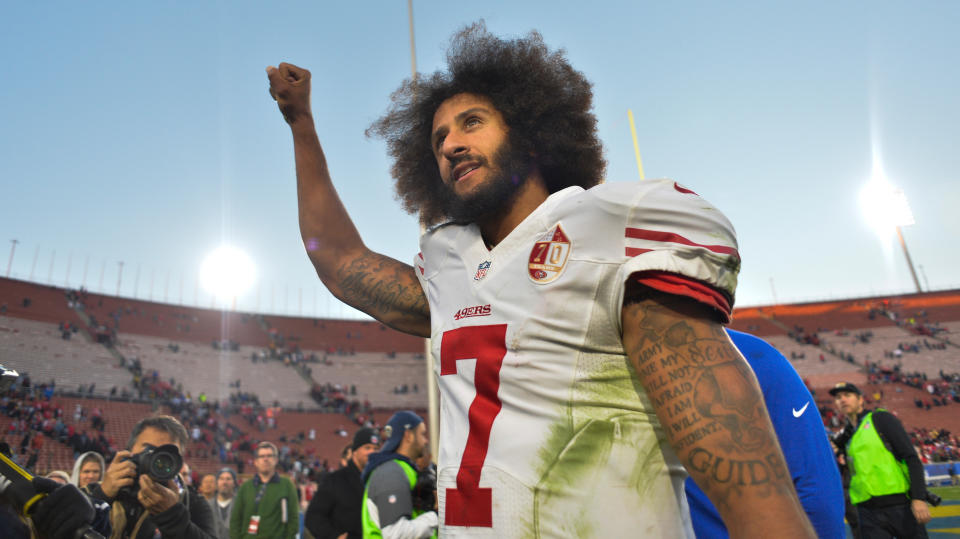
From boxer Jack Johnson to the University of Wyoming’s Black 14, from Muhammad Ali, Tommie Smith and John Carlos to Mahmoud Abdul-Rauf and Craig Hodges, America has a long tradition of black athletes taking a stand against racial injustice. Black protest in sports tends to take the form of a freighted absence — Ali gone from boxing for three years; Abdul-Rauf in the locker room during the national anthem. Curry’s pointed withdrawal from the White House visit is of a piece with Kaepernick’s choice to sit during the anthem, which subsequently led the league to blackball him. ESPN, in its frantic attempts to keep Hill off the air, nearly created a charged absence right in the middle of its afternoon programming block.
It was only a matter of time before the racial reaction embodied by Trump’s presidency would explode across the sports landscape. There are few places in America where black people are more visible and their voices more audible than in the NFL and NBA, and on ESPN. Seventy percent of NFL players are black. Nearly three quarters of NBA players are. ESPN, for all its other faults, is by far the most racially diverse sports media outlet on the planet.
Echoes of the white grievance that powered the Trump campaign can be heard, for instance, in the complaints about ESPN’s liberal tendencies, a polite euphemism for the network’s blackness. They can be heard, too, in the furious response to Kaepernick’s protest, in which athletes represent an ascendant black power that is ungrateful for the opportunities extended to them, and wrong for pointing out the obvious racial injustices that still exist in the country. The backlash is fueled by the belief that, in return for million-dollar salaries and the fragile affections of many white fans, black sports figures are required to sacrifice their basic humanity and their right to participate in civic society. Curry and Kaepernick and Hill broke that unspoken agreement.
“What we do with the black athlete is say, ‘This is what you get,’” said Louis Moore, an author and history professor at Grand Valley State University. “We take these black athletes and say, ‘Look, they’ve made it! Anybody can make it in America!’”
“But the moment they speak up,” he continued, “they become problematic.”
Trump was speaking to this very sense of grievance in his follow-up tweets:
If a player wants the privilege of making millions of dollars in the NFL,or other leagues, he or she should not be allowed to disrespect....
— Donald J. Trump (@realDonaldTrump) September 23, 2017
...our Great American Flag (or Country) and should stand for the National Anthem. If not, YOU'RE FIRED. Find something else to do!
— Donald J. Trump (@realDonaldTrump) September 23, 2017
Trump and his supporters demand that athletes “stick to sports” on the premise that sports are not an acceptable arena for any discussion of social injustice, as if any other venue would be, as if sports themselves weren’t already deeply political, as if American sports weren’t the domain of government-abetted monopolists enjoying a set of power arrangements that—as athletes point out from time to time, to national opprobrium—aren’t as far removed from the plantation as we’d like to think. When Hill pointed out the plain fact that Trump is a white supremacist whose presidency is based on white supremacy, she knew what she was talking about. She covers sports, after all.
That they are rich and famous does not insulate black sports figures from America’s racist legacy, as is demonstrated by the cases of NBA player Thabo Sefolosha, former NFL running back Warrick Dunn, or former NFL wide receiver Anquan Boldin, whose cousin was shot and killed by police during a traffic stop. Trump has drawn such a forceful rebuke from so many athletes precisely because his words and policies directly affect them too.
In targeting Hill, Curry and NFL players like Kaepernick, Trump was goosing his small but fervent base of supporters, people who do not want to confront America’s racial realities through sports or anywhere else.
But if this weekend’s immediate response is any indication, Trump’s comments will only embolden athletes to take an even more forceful stance against him and what he represents. Numerous NFL players have already spoken out against his speech in Alabama. LeBron James called Trump a “bum” for his criticism of Curry. The NFL Players Association said that its members “can no longer afford to stick to sports.” North Carolina’s title-winning basketball team announced it would not visit the White House. And when a Twitter commenter asked Reggie Bush if he thought even more players would start kneeling during the national anthem, the former NFL running back responded only, “Yes.” The absence is growing.
Related Content
ESPN's Jemele Hill: Trump Is A 'White Supremacist' And Unfit For Office
Jemele Hill Proves That Free Speech For Black Folk Ain't Free At All
What Are Black Sports Journalists Allowed To Say About Trump And Race?
Also on HuffPost
Love HuffPost? Become a founding member of HuffPost Plus today.
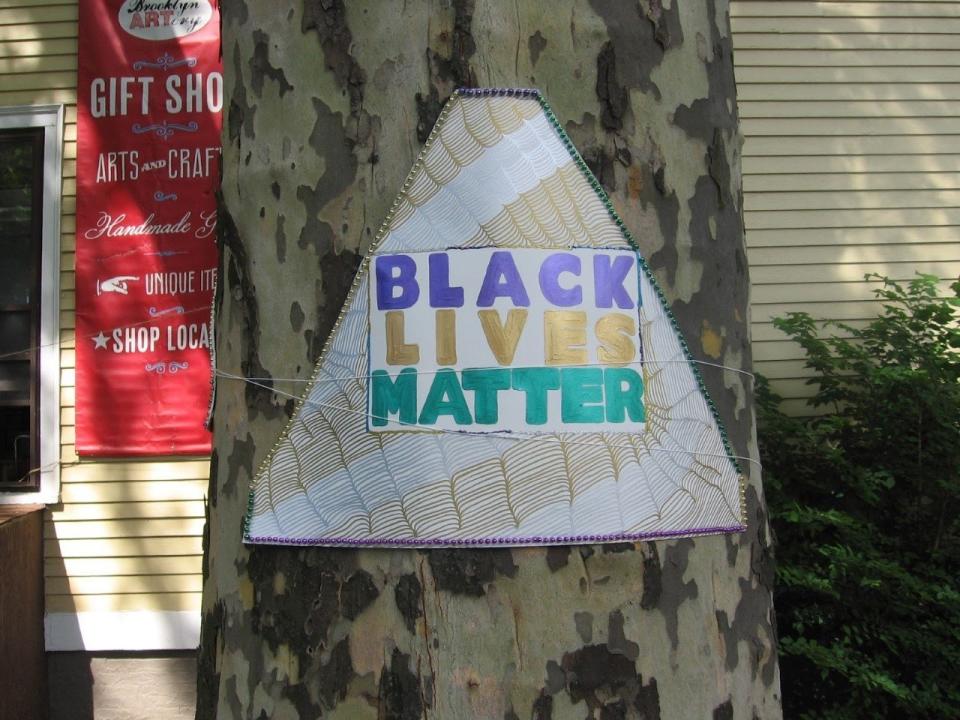
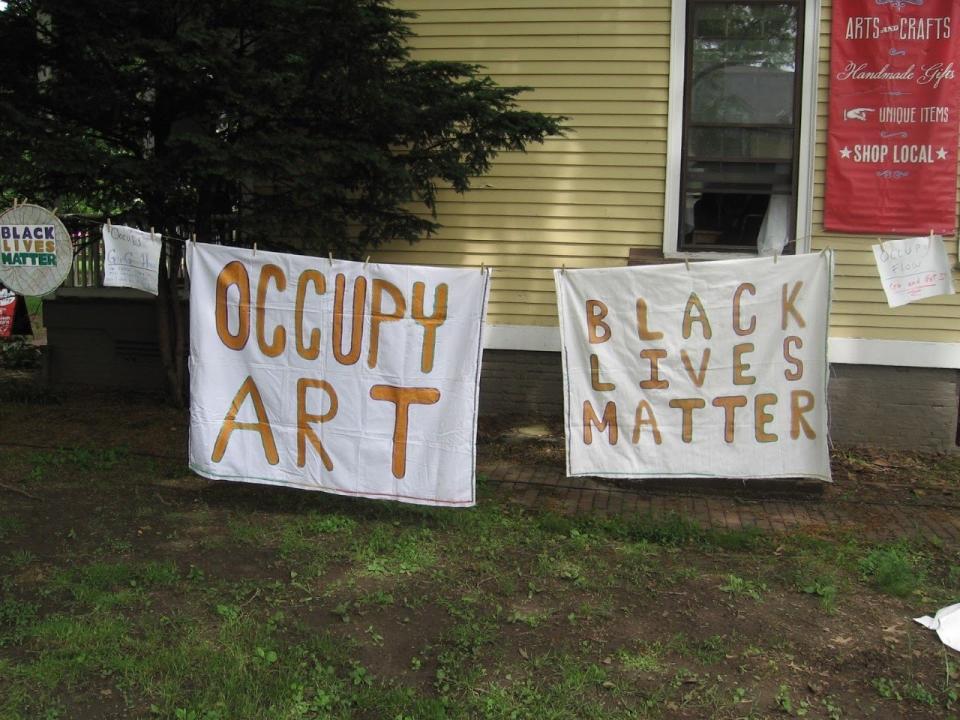
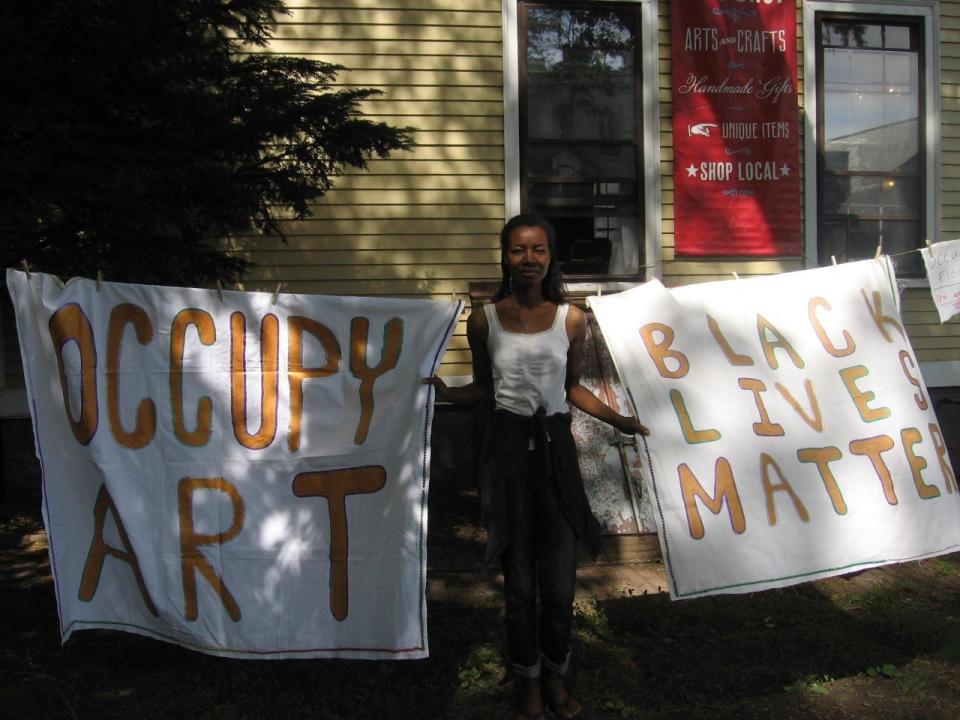
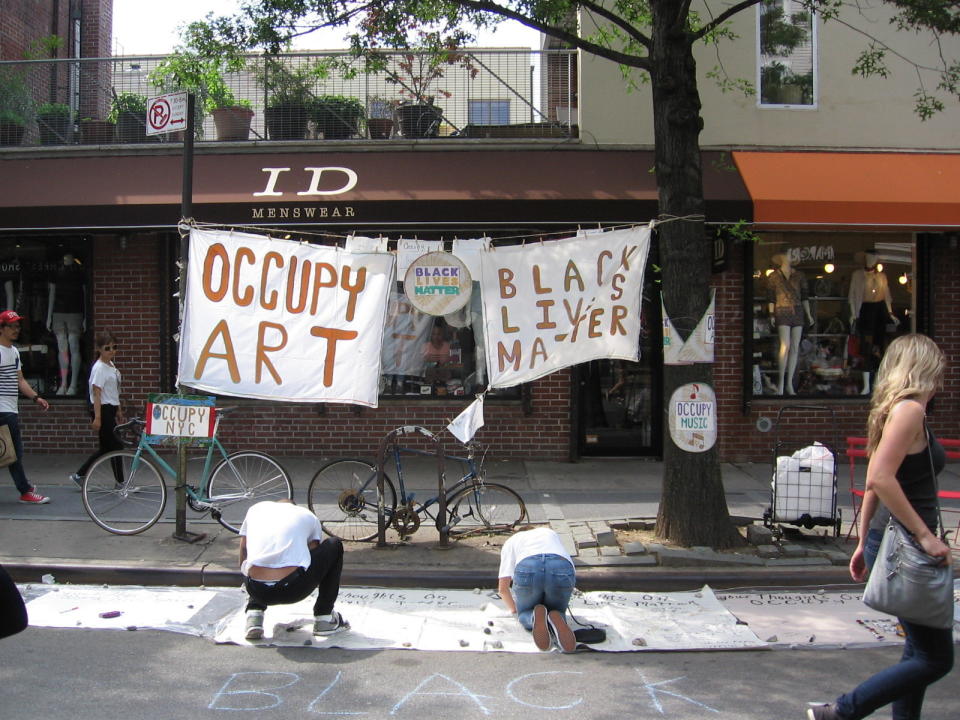
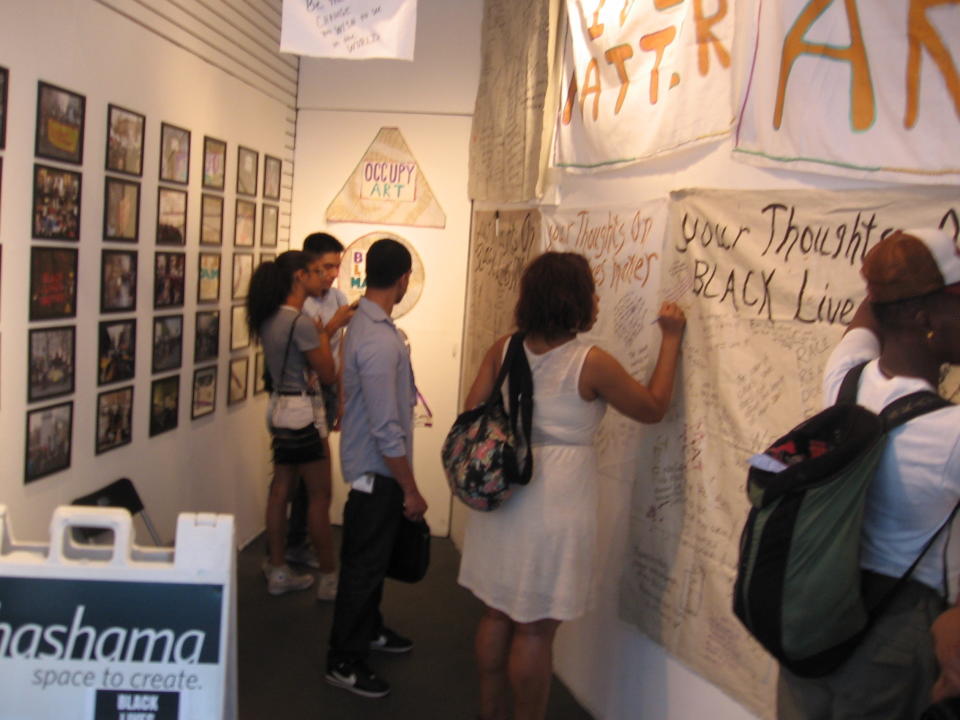
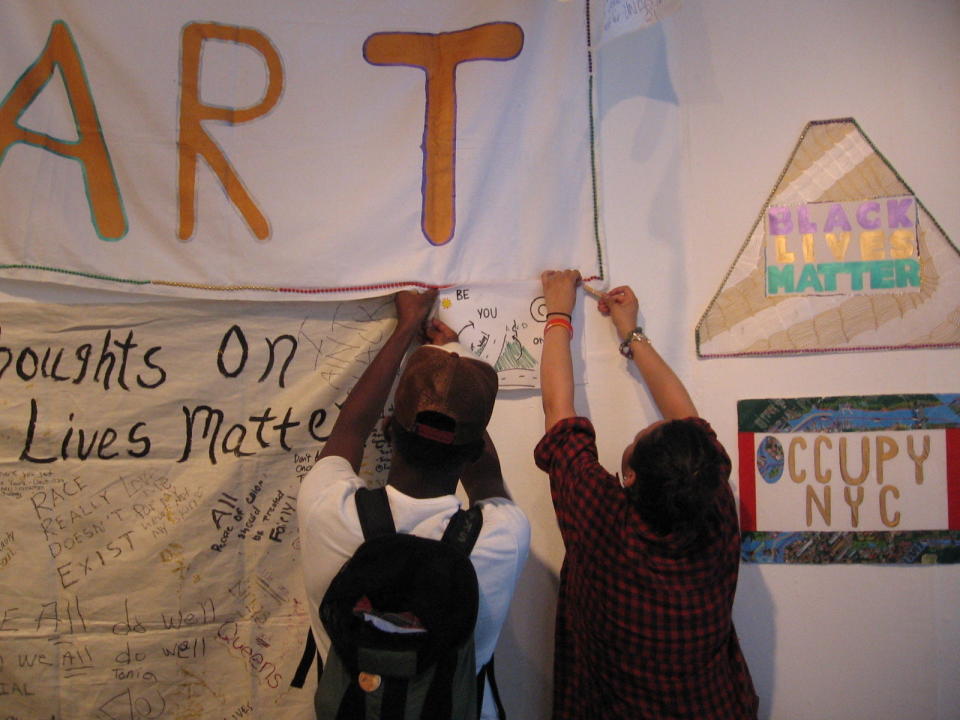
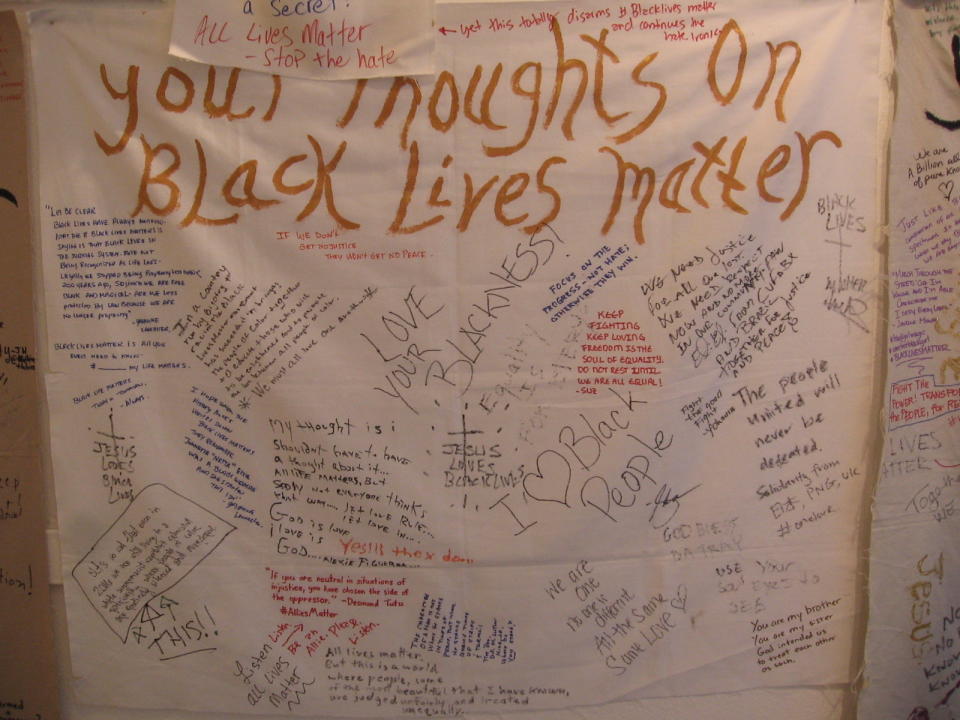
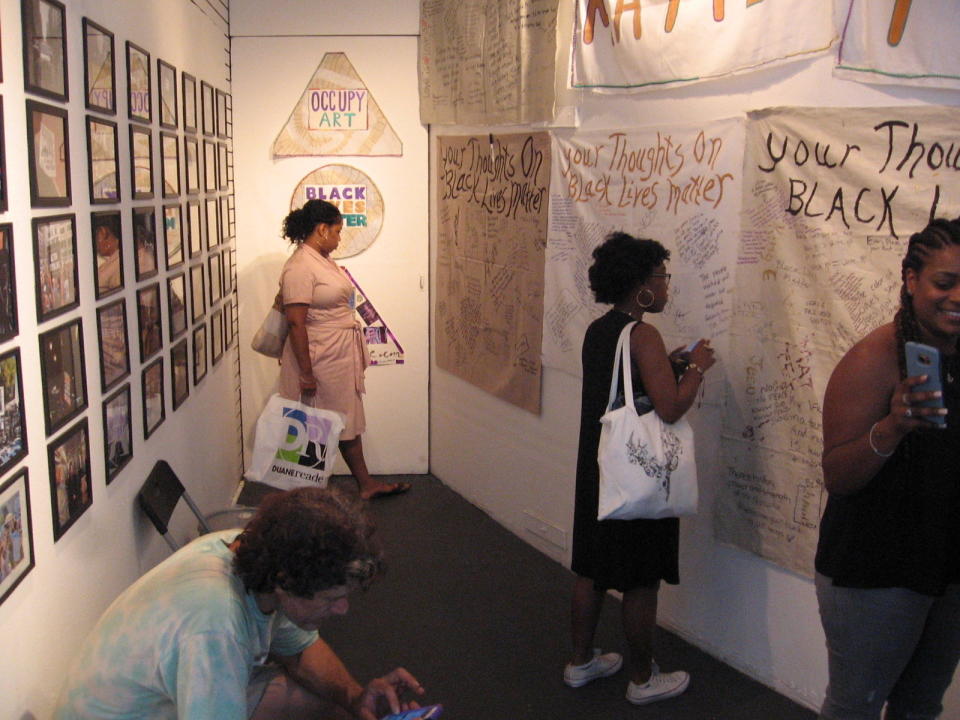
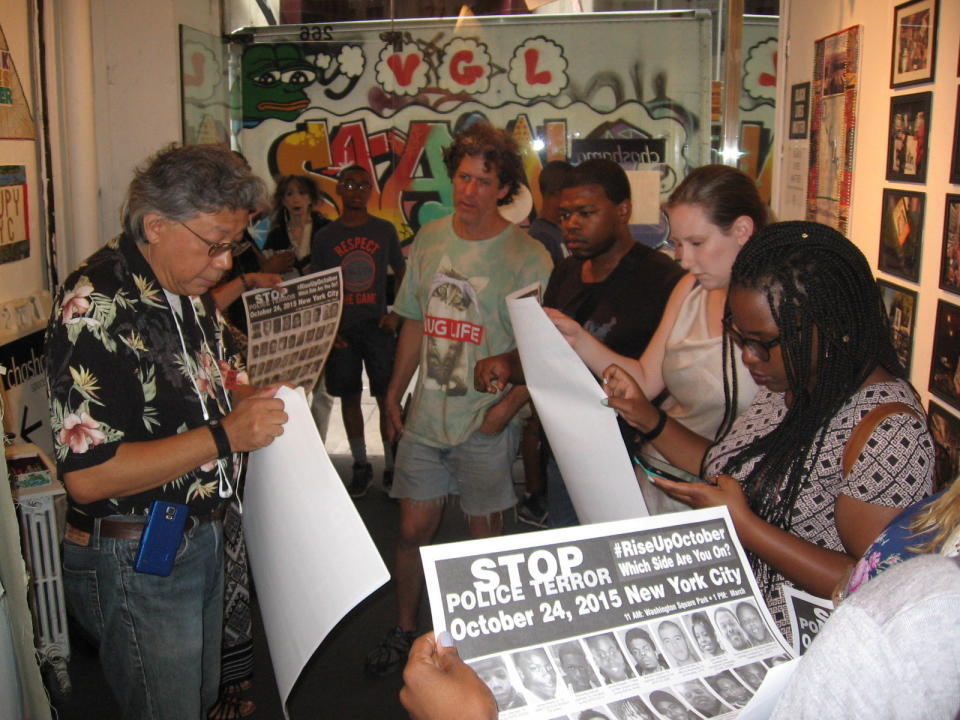
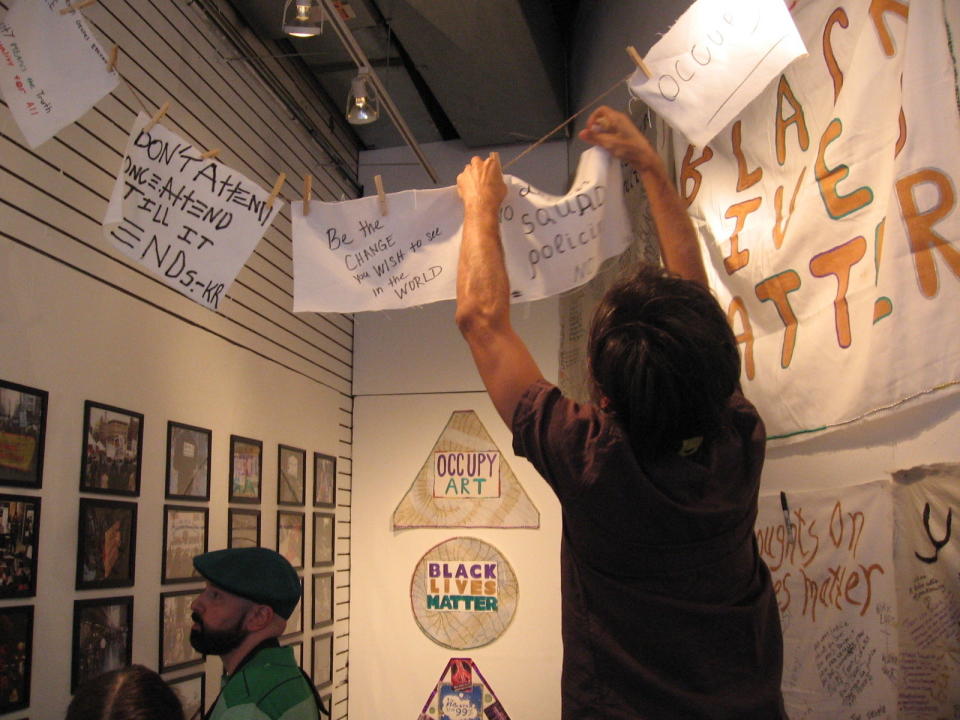
This article originally appeared on HuffPost.

